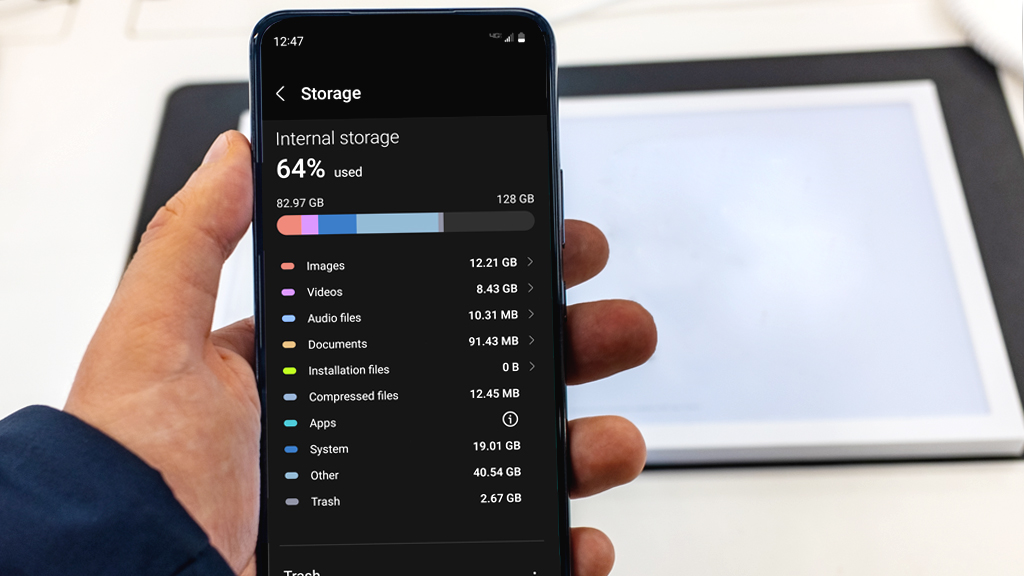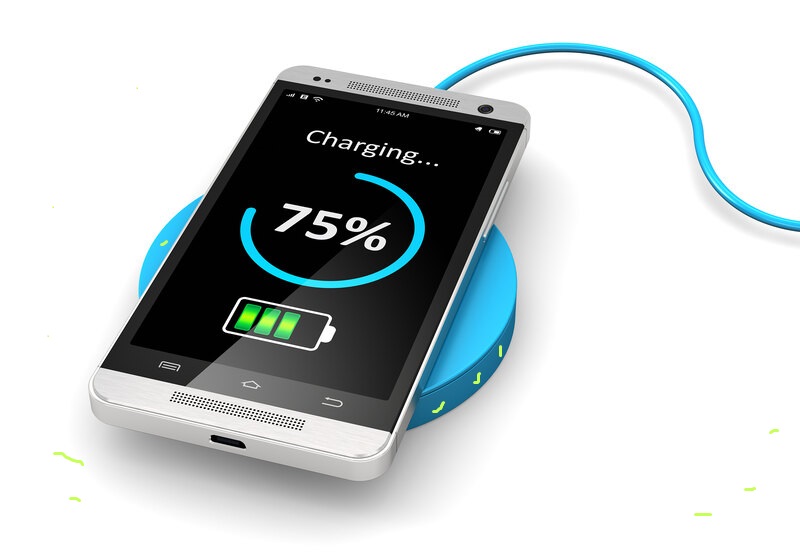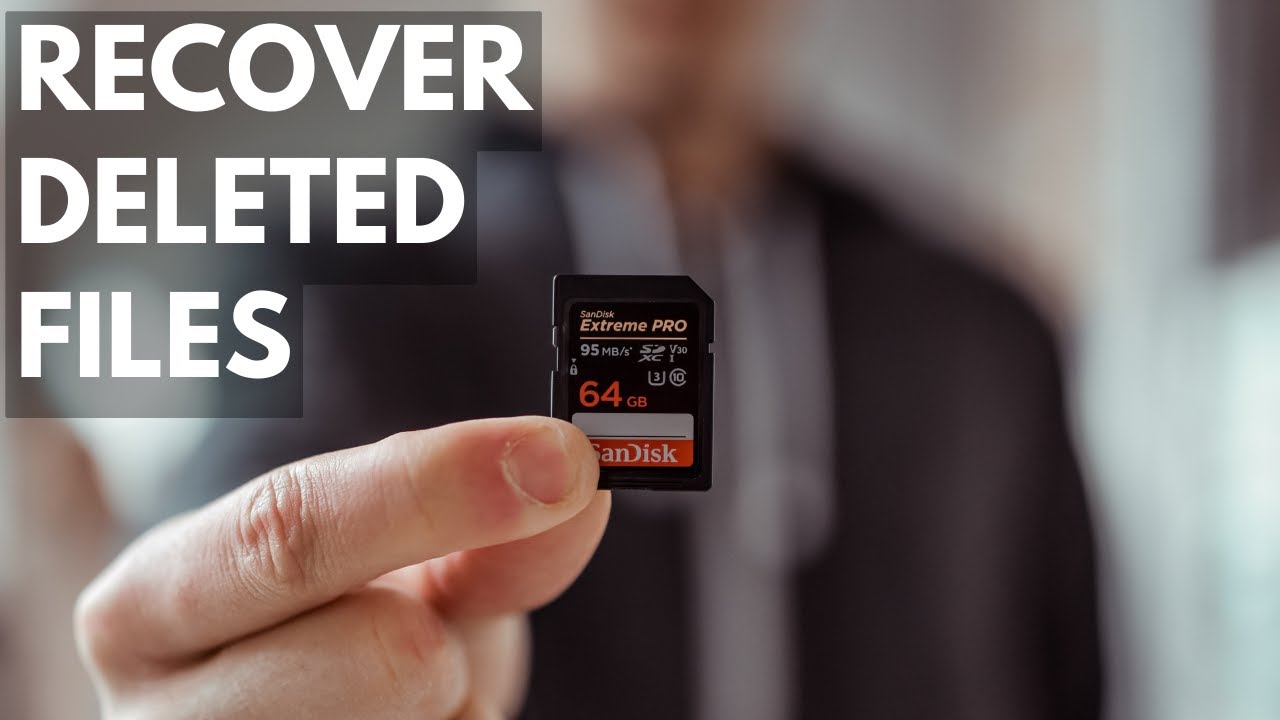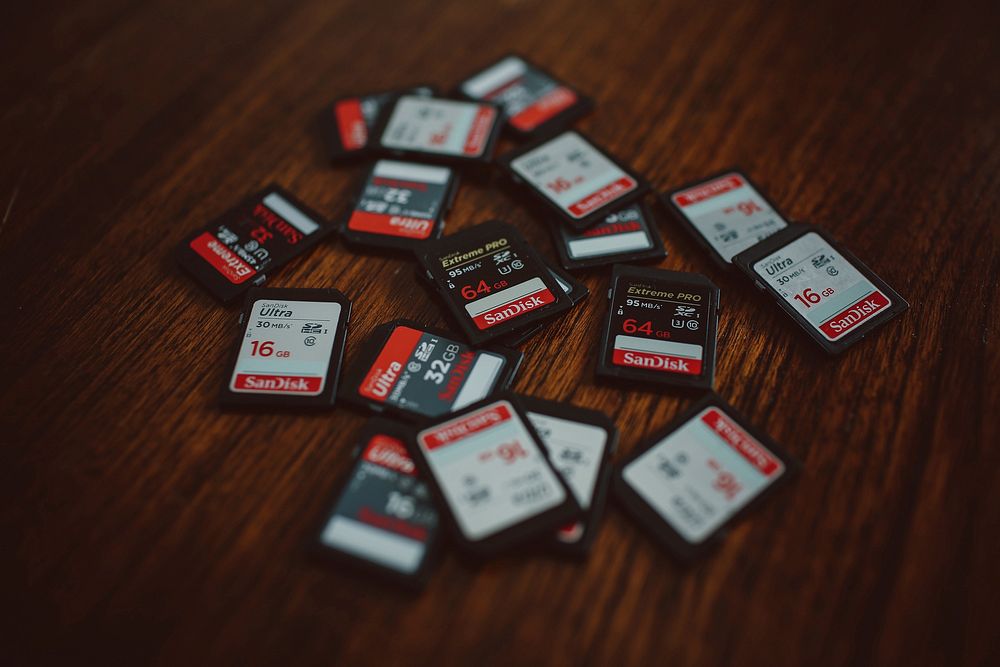In the age of high-quality photos, apps, and multimedia, managing storage on your iPhone is crucial for maintaining optimal performance. This article explores practical tips to clear storage and free up space, ensuring your device runs smoothly without the frustration of insufficient storage alerts.

Contents
- 1 Check Storage Usage
- 2 Delete Unused Apps and Media
- 3 Optimize Photos and Videos
- 4 Clear Safari Cache and Cookies
- 5 Review and Manage Messages
- 6 Offload Unused Apps
- 7 Delete Downloaded Files
- 8 Manage Email Storage
- 9 Utilize iCloud Storage Efficiently
- 10 Check and Clear Recently Deleted Folder
- 11 Update Apps and iOS
- 12 Consider External Storage Options
- 13 Monitor and Manage Large Attachments
- 14 Conclusion
- 15 FAQs
Check Storage Usage
To begin the process of freeing up space, let’s first understand how your storage is allocated and identify space-consuming apps and files.
Delete Unused Apps and Media
Streamlining your app collection and managing media files play a pivotal role in reclaiming valuable storage space.
Optimize Photos and Videos
The vast storage consumed by photos and videos can be optimized without compromising on quality. Learn how to manage your visual content effectively.
Clear Safari Cache and Cookies
Is your browser slowing down? Clearing cache and cookies not only enhances speed but also frees up storage space.
Review and Manage Messages
Text messages may seem harmless, but they contribute to storage clutter. Explore ways to efficiently manage your message storage.
Offload Unused Apps
Discover how to offload apps without losing essential data, ensuring you have the apps you need while maximizing storage.
Delete Downloaded Files
Unnecessary downloaded files can accumulate over time. Learn how to identify and delete these files, saving valuable space.
Manage Email Storage
Emails, especially with attachments, can occupy a significant amount of space. Explore strategies for efficient email storage management.
Utilize iCloud Storage Efficiently
Optimize your iCloud storage to seamlessly sync and store essential data, preventing unnecessary clutter on your device.
Check and Clear Recently Deleted Folder
The “Recently Deleted” folder may still be taking up space on your device. Learn how to review and clear this folder effectively.
Update Apps and iOS
Regular updates not only bring new features but also contribute to performance improvements and efficient space utilization.
Consider External Storage Options
External storage solutions offer additional space for your media files. Explore compatible options and streamline your storage strategy.
Monitor and Manage Large Attachments
Identify and clear out large message attachments, ensuring that your messaging app remains clutter-free.
Conclusion
Efficiently managing your iPhone storage is not only about creating space but also about optimizing device performance. By implementing these practical tips, you can ensure a smoother user experience and make the most of your iPhone’s capabilities.
By implementing these storage management tips, you not only create breathing room on your iPhone but also enhance its overall performance. Regularly clearing out clutter and optimizing your device ensures a smoother user experience and prevents those dreaded “storage almost full” notifications.
Remember, well-managed iPhone storage not only contributes to a faster device but also prolongs its lifespan. Keep these practices in your routine, and your iPhone will thank you with swift responsiveness and efficient functionality.
Whether you’re a photography enthusiast, app aficionado, or just a casual user, these tips cater to various storage needs. So, why let a cluttered iPhone slow you down when you can easily reclaim valuable space with a few simple steps?
In conclusion, managing your iPhone’s storage doesn’t have to be a daunting task. With the right strategies, you can efficiently clear space and enjoy a smoother, more responsive device. Implement these tips today and witness the immediate improvements in your iPhone’s performance.
FAQs
- Can I recover deleted photos from the “Recently Deleted” folder?
- Once items are permanently deleted from the “Recently Deleted” folder, they cannot be recovered. Ensure you want to permanently remove items before doing so.
- How often should I check and clear my iPhone storage?
- Regularly check and clear your storage, especially when you receive low storage alerts or notice performance issues. A monthly check is a good practice.
- Are there apps that can help manage iPhone storage more effectively?
- Yes, several third-party apps specialize in managing iPhone storage. Explore options on the App Store and choose one that suits your needs.
- What happens if I offload an app?
- Offloading an app removes the app itself but retains its data. When you reinstall the app, your data is restored, allowing you to free up space without losing important information.
- Should I upgrade my iCloud storage plan?
- Consider upgrading your iCloud storage plan if you regularly run out of space and rely heavily on iCloud for data storage and synchronization.



